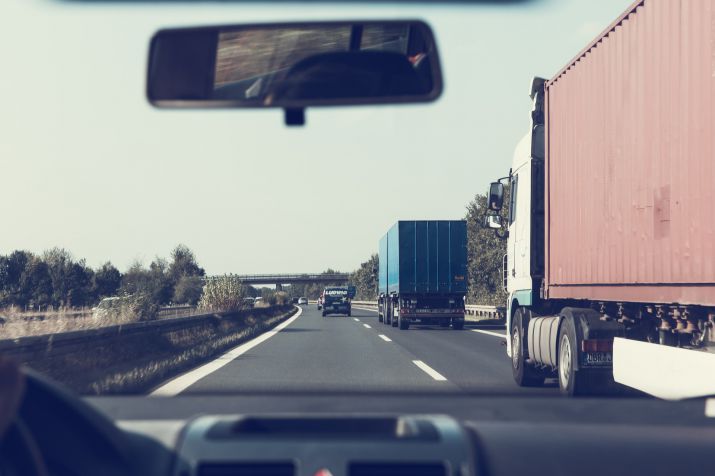
In all the commotion over who will win the highway toll tender, commercially and politically, any chance of a reasonable discussion about why we would want a toll system, and what sort of toll system is best for the country, has been lost. This is a defeat for us all. The purpose of public procurement is to use private money collected through taxes and expend it on public goods that will deliver a higher value to the economy and society than if that money had been spent by individual citizens. Since we have had no public debate on what the value of highway tolls are, we have no way of assessing how much value we would receive from any winner of the tender.
So why have a toll? Tolls have one primary function: collecting fees from users. Governments receive their funds from their citizens. They have two choices of how to collect the money: through general taxation or through targeted fees for using specific services. Most of the time, they decide to tax people generally and spend it in ways that benefit specific sections of the population. An example of this is university education: everyone is taxed and a small subset of people- university students- benefit directly. In some cases, governments decide it is best to collect public money by charging those citizens who directly benefit from the public good. This is the idea behind highway tolls: trucks use the highway, and therefore they should pay for it.
If there are no tolls, the cost of the highway does not change. The cost to the people who use it does. The companies who use the highway are able to externalize their costs: in other words, other people pay for those companies' use of the highways. The small hotel in the mountains contributes to the profit margin of the trucking company. The toll, then, is a way to take the cost of the highway system away from the hotel that does not use it (directly) and to concentrate the costs of a public good on the trucks using it. (Some argue that the hotel benefits from truck deliveries, but that hotels pay for that benefit in the higher cost of delivery due to tolls).
Three policies must be decided concerning tolls. The first is whether to have tolls at all. The second is how much revenue should be collected with tolls. The third is how to apply tolls to collect those revenues.
The Czech Republic decided to have tolls long ago. The government also has decided, intentionally or not, the proportion of highway costs to be funded through general tax or highway toll. The policy the current bid is determining is how to apply the tolls to collect that revenue.
How to apply the tolls is a strategically important question for a country that depends on its ability to ship product over its borders to create jobs and prosperity. Currently, the toll system works on the highways that form the core of the international logistic system. That places the major burden of paying for the entire system on the part of the logistics system most essential to the country's economic competitiveness.
The Ministry now proposes to extend the toll system to a wider network of roads. This will spread the cost of maintaining the system to a wider group of users, and raises the potential of lowering the usage cost of each kilometer of the network covered by the toll.
Extending the system also affects what technology is chosen. Much of the debate over the toll tender has focused on whether it is technologically fair (or "neutral). The whole point of technology and innovation is that no company’s technology is the same. One company’s product does one thing better; another does another better. This is true about pencils; it is true about highway toll systems.
By choosing to extend the toll system to cover more kilometers of highways, the Ministry has tilted the tender in favor of technologies that can deliver a toll system that can cover more kilometers at a lower cost. That is not biased or unfair; that is policy, which always has winners and losers. Parents of children who receive "free" university education win. Parents whose children do not, but who still pay the taxes that pay for other children's university education, lose.
Policy very often determines what technology is used: you do not buy a tram when you need to carry people between Prague and Brno. That is also the reason we elect politicians to make those policy decisions (how much highway should be covered by the toll system) and to select technologies that best deliver those policies. If we do not like their decisions, we can punish them in elections.
After conferring with other European governments, the Ministry believes it can lower the operational cost per kilometer covered of the toll system from what it pays for the current system. It has solicited four bids and has announced it will open those bids on March 8.
Is there a good reason they should not? A strong argument that an export economy should cover the costs of its logistics system generally and not directly may exist, but, so far, it has not been presented. In the absence of that argument, the ministry's aim of lowering the per kilometer operational cost is persuasive. Even if the bids are open, and the coverage expanded, the key policy debate over how much the national logistic system should be subsidized by general taxpayers can continue. Usage fees per kilometer can be adjusted, especially if the cost to maintain the system is lower. Let’s see if the Ministry can drive down the per kilometer costs of the toll system. Then we can weigh what is the right mix of general tax and direct fee to pay for the maintenance of our logistics system.
Author: WS